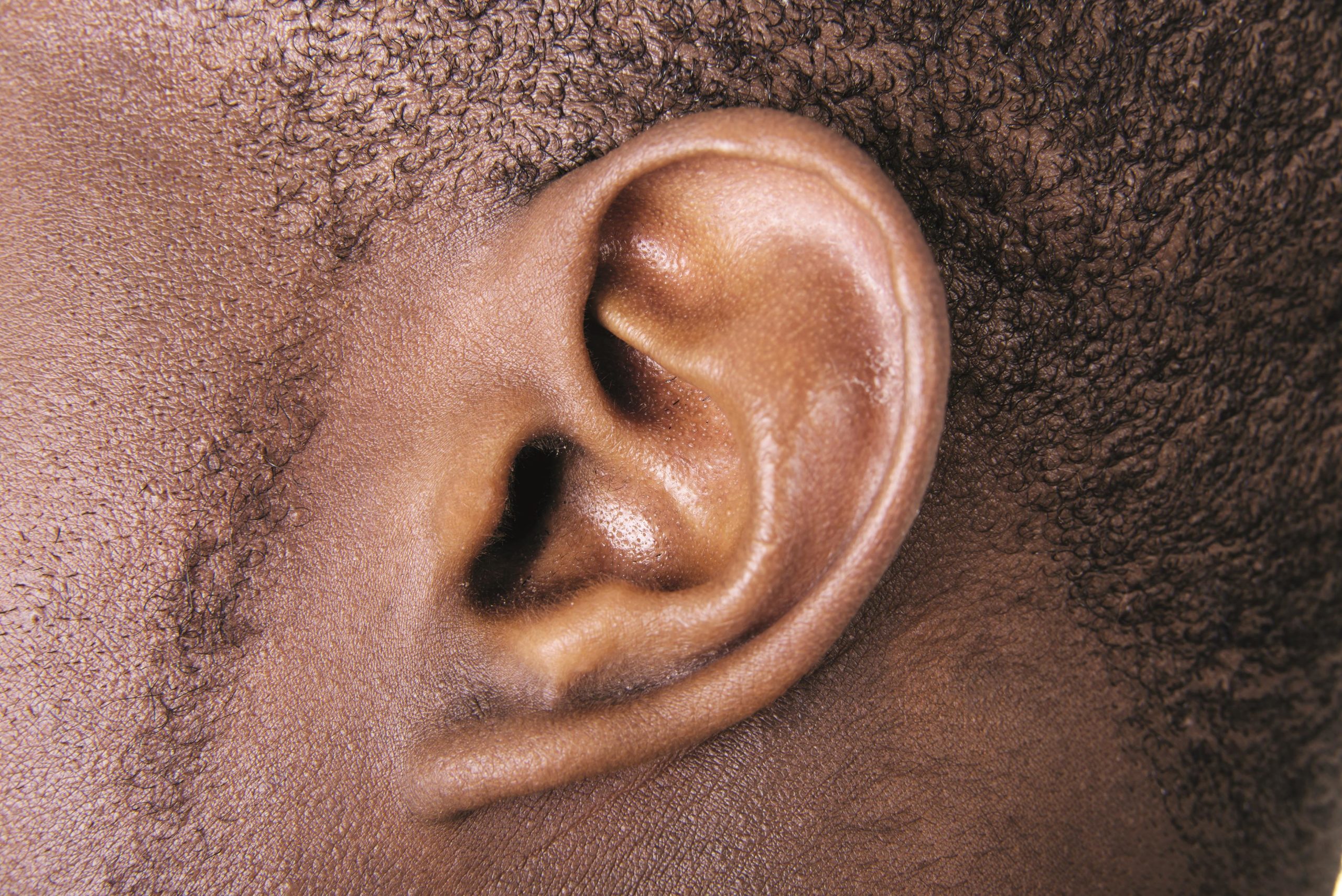World Health Organisation (WHO) says over one billion people, aged 12 to 35, risk losing their hearing due to prolonged and excessive exposure to loud music and other high volume recreational noise.
WHO gave the warning in a new international safety advice on Wednesday to tackle the rising threat of hearing loss.
The new international standard for safe listening at venues and events was launched ahead of World Hearing Day, which will be marked on March 3, on the theme, “To hear for life, listen with care!’’
The theme applies to all places and activities where amplified music is played.
Over 1.5 billion people globally live with hearing loss, and according to recent estimates this number could rise to over 2.5 billion by 2030. WHO estimates that 50 per cent of hearing loss can be prevented through public health measures.
According to the UN health agency, many common causes of hearing loss can be prevented, including over-exposure to high volume sounds.
“Millions of teenagers and young people are at risk of hearing loss due to the unsafe use of personal audio devices and exposure to damaging sound levels at venues such as nightclubs, bars, concerts and sporting events,” Dr Bente Mikkelsen, WHO Director for the Department for Noncommunicable Diseases, said.
“The risk is intensified as most audio devices, venues and events do not provide safe listening options and contribute to the risk of hearing loss,” she added.
The new WHO standard aims to better safeguard young people as they enjoy their leisure activities.
The Global standard for safe listening at venues and events, highlights six recommendations for implementation to ensure that venues and events limit the risk of hearing loss to their patrons, while still preserving high-quality sound and an enjoyable listening experience.
The new standard was developed under WHO’s Make Listening Safe initiative, which was launched in 2015, and seeks to improve listening practices especially among young people.
WHO alerted that hearing loss due to loud sounds is permanent, underlining that exposure to loud sounds causes temporary hearing loss or tinnitus (ringing sound interference in the ears), and prolonged or repeated exposure can lead to permanent hearing damage, resulting in irreversible hearing loss.
Calling for the new global standard to be supported, WHO encouraged governments to develop and enforce legislation for safe listening and raise awareness of the risks of hearing loss.
The UN agency also advised that behaviour change can be motivated by civil society organisations, parents, teachers, and physicians, who can educate young people to practice safe listening habits.
“Governments, civil society and private sector entities such as manufacturers of personal audio devices, sound systems, and video gaming equipment as well as owners and managers of entertainment venues and events have an important role to play in advocating for the new global standard,” Dr Ren Minghui, WHO Assistant Director-General, said.
“We must work together to promote safe listening practices, especially among young people,” he said.



